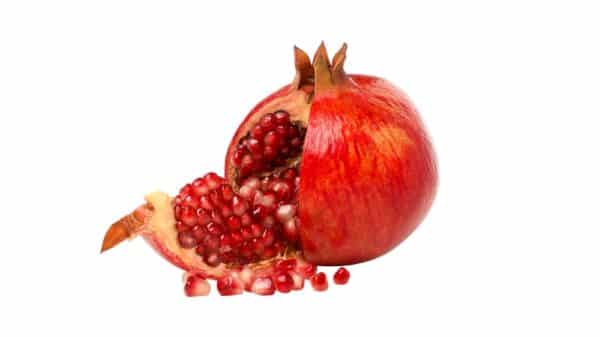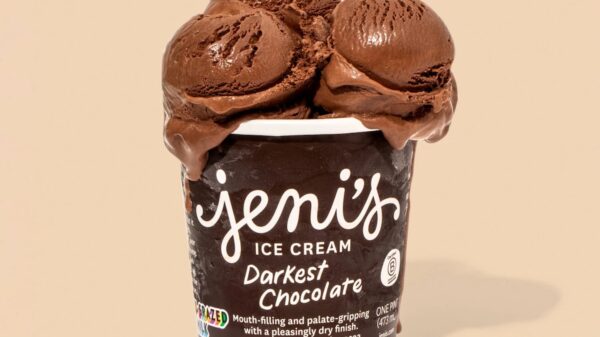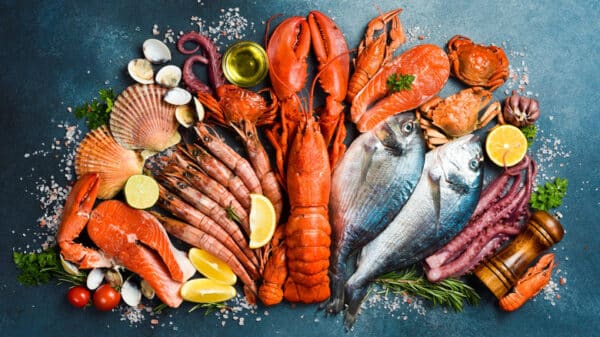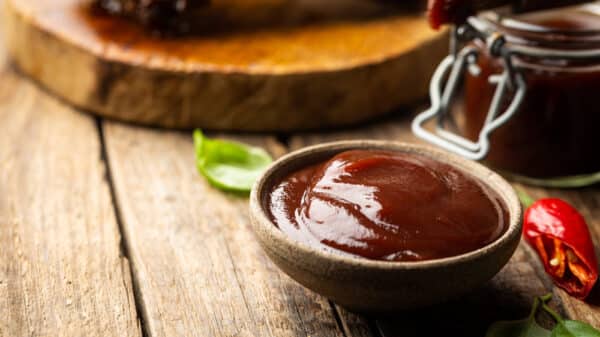Vitamin C, or ascorbic acid, is a vital water-soluble vitamin that plays several crucial roles in the body. It not only supports immune function but also aids in producing collagen, ensuring healthy skin, and protecting DNA from oxidative damage. Furthermore, vitamin C is essential for enhancing the absorption of specific minerals like iron, vital for overall nutritional balance.
It’s worth noting that the body does not produce or store vitamin C, necessitating regular consumption through diet. The recommended daily intake stands at 90 milligrams for men and 75 mg for women, with an increase for pregnant and lactating individuals. Specific populations such as smokers and those under chronic stress may have heightened vitamin C needs, underscoring the importance of monitoring intake for optimal health.
Morning vs. Evening
A common question regarding vitamin C supplementation revolves around timing. Fortunately, there is flexibility: vitamin C can be taken any time of day. Experts emphasize that the effectiveness of absorption doesn’t significantly differ between morning or evening doses. However, it’s prudent to consider meal timing, as consuming vitamin C alongside meals can enhance the absorption of non-heme iron found in plant foods. This practice is especially beneficial for those at risk of iron deficiency, like vegetarians or menstruating women.
For those with sensitive stomachs, health professionals recommend taking vitamin C after meals to prevent potential irritation. Buffered vitamin C supplements may also provide relief for those prone to stomach discomfort.
Factors to Consider When Deciding to Supplement
Type of Vitamin C
Vitamin C supplements come in various forms, the most common being synthetic ascorbic acid. While these are economical and convenient, choosing supplements derived from whole food sources such as acerola cherry or rosehip can be more beneficial. Whole-food formulations contain additional bioflavonoids and phytonutrients that enhance vitamin C’s efficacy in the body.
Furthermore, for enhanced absorption, liposomal vitamin C can be advantageous. This form uses liposomes to protect the vitamin from degradation during digestion, leading to better absorption in the bloodstream.
Risks and Precautions
Despite the general safety of vitamin C supplementation, excessive intake—over 2,000 mg per day—can cause digestive issues such as cramps or diarrhea. Certain individuals, particularly those with kidney disorders, should also be cautious as high doses may contribute to kidney stone formation. It’s essential for anyone considering high-dose supplementation to consult with a healthcare provider, especially if they are on specific medications that could interact adversely.
Food Sources of Vitamin C
Although supplements provide a convenient option, prioritizing dietary sources of vitamin C is advisable. Many fruits and vegetables are rich in this nutrient, making it feasible to meet daily requirements through balanced meals. Some of the best sources include:
– Bell peppers
– Guava
– Mango
– Papaya
– Oranges
– Kiwis
– Strawberries
– Broccoli
– Brussels sprouts
Be mindful of food preparation methods, as cooking can diminish vitamin C content. Typically, boiling results in the most substantial loss, while steaming and microwaving are gentler methods that can help retain the vitamin.
Our Expert Take
In conclusion, vitamin C supplementation can be tailored to fit individual routines; however, timing it after meals is generally a sound practice to maximize benefits and minimize any gastrointestinal discomfort. Opting for whole-food or liposomal formulations may yield the best results.
Regardless of supplementation, incorporating a variety of fruits and vegetables into your diet will not only meet your vitamin C needs but also provide a wealth of other vital nutrients necessary for maintaining overall health. Always consult with a healthcare provider before beginning any new supplementation, ensuring it aligns with personal health considerations and dietary habits.
Image Source: Unsplash































